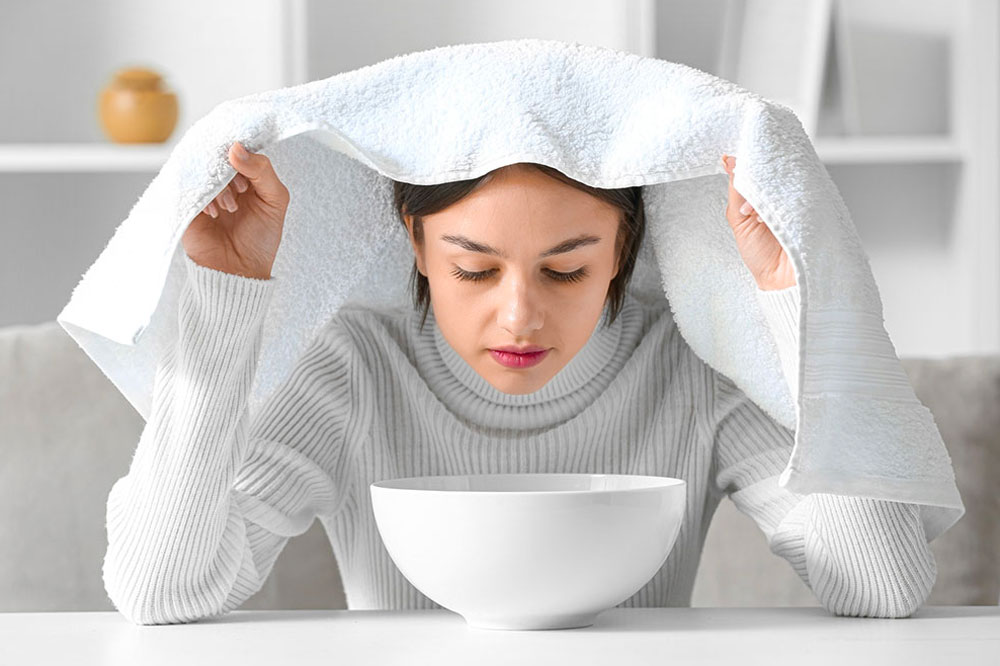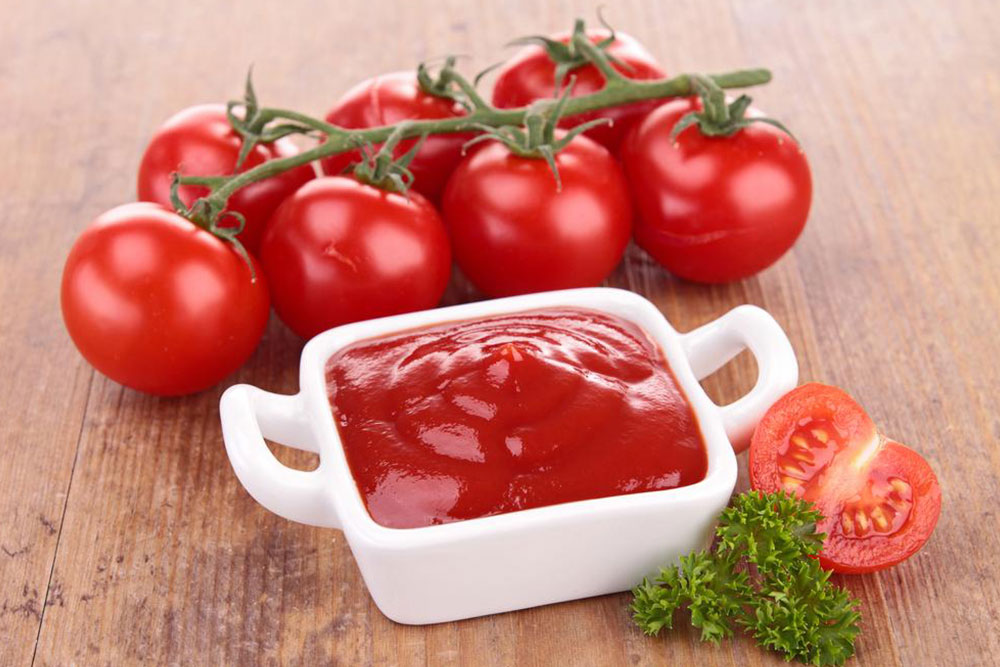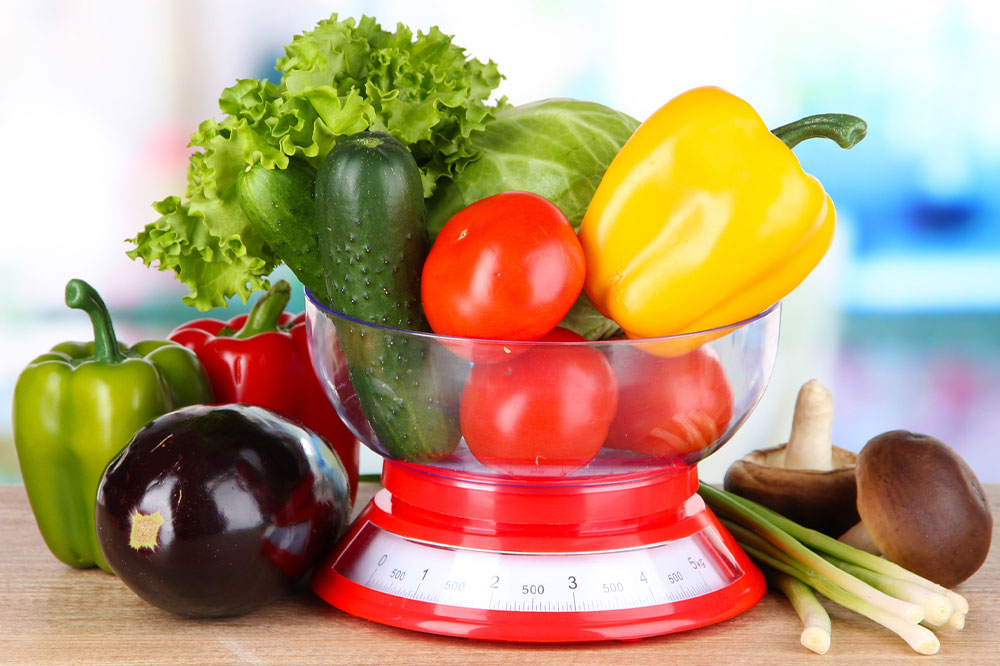Diet Tips for Preventing and Managing Nasal Polyps
Discover effective dietary strategies to prevent and manage nasal polyps. Learn which foods to include—like antioxidant-rich fruits and omega-3 sources—and which to avoid, such as allergens and processed products. Incorporate simple home remedies like nasal irrigation for relief and improve overall sinus health. Proper nutrition and hydration can support your immune system and reduce inflammation, helping to control or prevent nasal polyps naturally.
Diet Strategies to Prevent and Control Nasal Polyps
Nasal polyps are benign tissue growths along the sinus lining that can cause nasal blockage and breathing difficulties. Chronic inflammation often contributes to their development, with environmental allergens and certain foods exacerbating the condition. Adjusting your diet by incorporating anti-inflammatory foods while avoiding potential triggers can help manage symptoms and possibly prevent polyps from forming.
Here are key dietary recommendations to support sinus health and reduce inflammation.

Foods to include in your diet:
Spicy foods with capsaicin
Capsaicin helps reduce inflammation and helps clear nasal congestion, promoting easier breathing. Found in cayenne peppers, it can be consumed as tea or topical sprays (under medical supervision) to alleviate sinus blockage.
Foods high in antioxidants
Antioxidant-rich foods neutralize free radicals that may promote polyp growth. Brightly colored fruits and vegetables like apples, berries, citrus, cherries, cranberries, onions, and broccoli are excellent sources of flavonoids and quercetin.
Vitamin-rich foods
Vitamins A, C, E, and carotenoids strengthen sinus membranes and combat oxidative stress. Include carrots, spinach, bell peppers, melons, oranges, berries, and guava to support sinus health and reduce inflammation.
Omega-3s and Selenium-rich foods
Consuming omega-3 fatty acids found in fish such as salmon, mackerel, sardines, and anchovies helps reduce inflammation. Selenium, present in Brazil nuts, walnuts, and certain meats, supports immune function and counters inflammation associated with nasal polyps.
Hydration
Drinking plenty of water keeps mucus thin, preventing buildup that could lead to blockage and polyp growth. Limit caffeinated or sugary beverages to stay optimally hydrated.
Foods to avoid:
Allergen-triggering foods
Foods such as gluten, soy, eggs, dairy, and yeast can provoke allergic reactions and flare-ups of nasal polyps. Processed foods with artificial preservatives, colorings, and flavorings often contain additives that can trigger inflammation. Opt for organic, preservative-free options when possible.
Home remedy for sinus relief:
Using a neti pot with lukewarm saline solution helps rinse out nasal passages, reducing mucus buildup and clearing blockages caused by polyps. This natural sinus irrigation technique provides immediate relief and supports sinus health.










